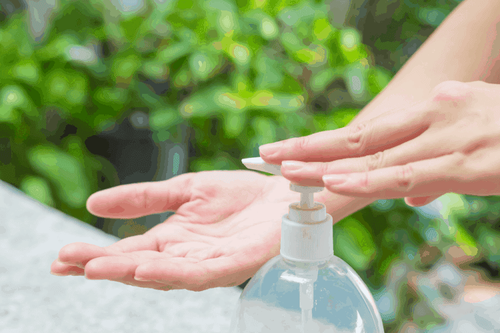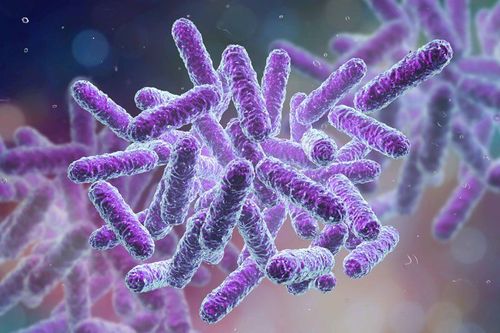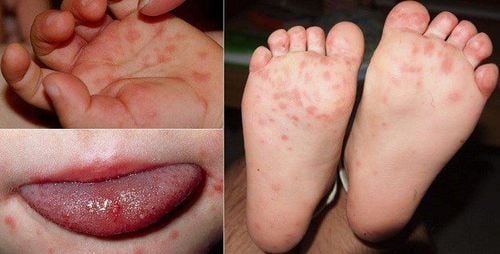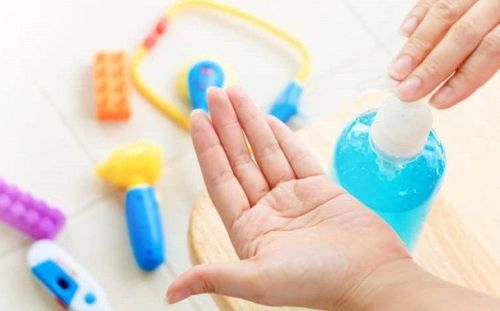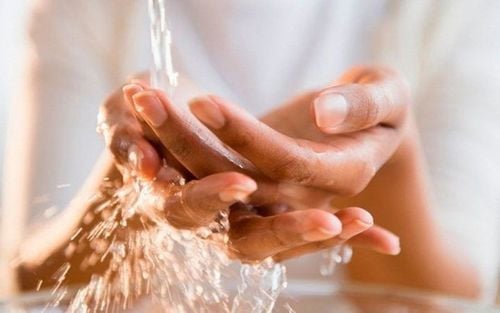This is an automatically translated article.
The article is professionally consulted by Specialist II, Senior Doctor Doan Du Dat - General Internal Medicine Doctor - Department of Medical Examination and Internal Medicine - Vinmec Ha Long International HospitalNowadays, everyone needs to have the habit of washing hands, even children, right from kindergarten, have been educated very carefully about the steps of hand washing - a seemingly simple job but bring great benefits. lots of benefits. So why do we have to wash our hands and how to wash them properly?
1. Why is it important to wash hands properly?
It can be said that the hands are the most flexible parts of the human body. Hands help us do everything from labor, eating, personal hygiene, holding objects... Because of that flexibility, human hands have to come into contact with a lot of things from food, sandy soil, manure, animals or simply doorknobs. In 1938, Price P.B. divided bacteria on the skin of the hands into two groups: transient bacteria and resident bacteria.Sedentary bacteria: Including gram (+) cocci: S. epidermidis, S. aurers, and gram (-): Acinetobacter, Enterobacter... Spectrum of settling bacteria usually reside in the deep layer of skin epidermis. Routine VST does not remove these bacteria from the hands, but regular VST can reduce the level of bacterial colonization on the hands. Travel bacteria: This type of bacteria includes bacteria located on surfaces that come in contact with hands. However, this spectrum of bacteria can be easily eliminated with routine hand washing. Because we have to come into contact with so many objects, our hands can have disease-causing microorganisms such as E.coli bacteria after we defecate; or flu virus, measles virus after blowing your nose with your hands. Imagine if you didn't wash your hands, you could be spreading these bacteria and viruses everywhere - where you touch them or the microorganisms themselves will make you sick.
Hand washing steps help remove harmful microorganisms on hands. This is an important, simple, and economical job that helps prevent and prevent the spread of disease.
According to the US Centers for Disease Control and Prevention (CDC), washing hands helps:
Reduce the number of people suffering from diarrhea by 23 - 40%. 58% reduction in diarrhea in people with weakened immune systems. A 16-21% reduction in respiratory illnesses, such as colds, in the general population. Reduce by 29 - 57% the rate of children having to miss school due to gastrointestinal diseases. In addition, washing hands reduces the risk of disease and disease transmission as well as reducing the rate of antibiotic resistance. However, just washing our hands with water is not enough, we need to wash our hands at the right time and in the right way.
2. When do we need to wash our hands?
Before, during, and after cooking. Before eating. Before and after wound treatment. Before and after taking care of the sick. After going to the toilet (to defecate and urinate). After blowing your nose, coughing or sneezing. After changing diapers or cleaning a child who has used the toilet. After touching objects belonging to an ill person or touching animals, fodder or animal waste. After touching the garbage. After working...3. Proper hand washing procedure
3.1 Preparation:
Lavabo, clean water faucet. Soap or hand sanitizer. Disposable hand towels.3.2 Steps to wash hands:
Proper hand washing is washing hands with soap, following the correct procedure, under clean running water.Routine hand washing steps include:
Step 1: Wet palms with water, apply soap to palms. Rub your palms together. Step 2: Rub this palm on the back of the other hand and vice versa. Step 3: Rub your palms together, squeezing your fingers firmly between your fingers. Step 4: Rub the back of these fingers on the palm of the other hand and vice versa (the back of the hand to cup the palm of the hand). Step 5: Rub the thumb of one hand into the palm of the other and vice versa (palm hugs the thumb). Step 6: Rub these fingertips into the palm of the other hand and vice versa. Rinse hands under running water up to the wrists and dry them. Note: Wash your hands for at least 30 seconds, repeat each operation at least 5 times.
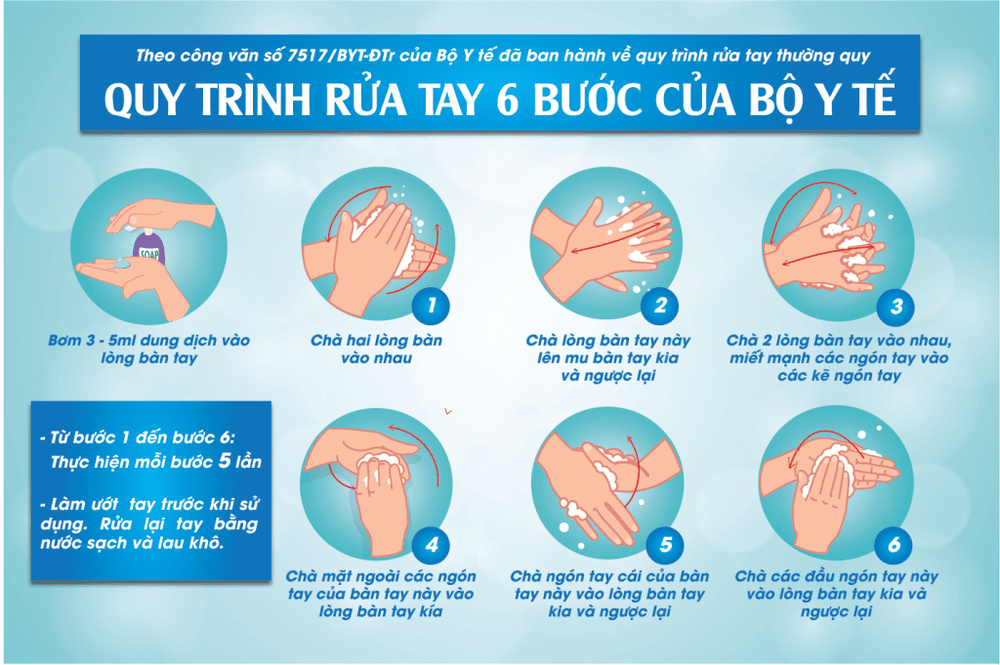
Quy trình rửa tay thường quy của Bộ Y tế
This is a mandatory job for every citizen, especially during the outbreak of the Covid pandemic. It is one of the must-have 5K implementations in present times. Reason to do it now:
Comply with the government's mandatory 5K for everyone in the current Covid epidemic prevention. Avoid infecting yourself and infecting others. Currently, the Vinmec system has a regulatory process on routine hand washing and surgical hand washing, which is mandatory for all officials and employees in the system to comply. In addition to the 6 steps of regular hand washing of the Ministry of Health, Vinmec also added step 7 to wash the wrist area. For healthcare workers, it is imperative to follow routine hand washing at 5 times:
Before visiting patients. Before aseptic procedure. After contact with the patient. After contact with secretions, or blood of an infected person. After coming into contact with the patient's object.





